Asia/Japón/16 Abril 2020/elpais.com
En Japón, uno de los primeros países adonde llegó el nuevo coronavirus desde China, las instituciones se las ingenian para celebrar sus eventos respetando las normas de seguridad sanitaria
La pandemia de Covid-19 aporta un nuevo hito del distanciamiento social. En Japón se ha celebrado una ceremonia de graduación en la que los diplomas los recibieron no los estudiantes, sino avatares suyos, y se ha corrido un maratón con atletas solitarias compitiendo a través de aplicaciones de móvil.
A través de la app Zoom, el pasado 28 de marzo la escuela de negocios a distancia Business Breakthrough University (BBT) convocó a un centenar de estudiantes. En la sala de un céntrico hotel, la BBT organizó una modesta ceremonia a la que solo asistieron en persona el rector, Kenichi Ohmae, un célebre ingeniero del Instituto Tecnológico de Massachusetts (MIT), algunos profesores y parte del personal de la institución. Y en representación de los estudiantes asistieron cuatro robots vestidos para la ocasión con toga y birrete, y dotados de una pantalla en la que aparecía la cara de cuatro graduados.
Después de su discurso, el rector los felicitó, los cuatro estudiantes le expresaron su agradecimiento a distancia y recibieron el diploma en un atril colocado en el pecho de su avatar. Al terminar la ceremonia, el rector posó con los robots para las fotos de recuerdo.
Los robots empleados, llamados Newme, son fruto de un desarrollo de las aerolíneas All Nippon Airlines (ANA) como un servicio de avatar para personas que no pueden presentarse físicamente en una actividad que requiere movilidad. Por ejemplo, un profesional que tiene que recorrer las instalaciones de una empresa, pero que ha enfermado y no puede hacerlo.
Según un portavoz de BBT, la ceremonia presencial estaba programada en una de las salas más grandes del hotel Grand Palace, cercano a la universidad, pero debido a la pandemia se decidió hacer una ceremonia más corta y menos costosa. De paso, demuestra las posibilidades de este tipo de tecnología.
Pese a haber sido uno de los primeros países, después de China, en registrar casos por el nuevo coronavirus, a comienzos de febrero, Japón tiene solo unos 5.000 contagios, incluidos los 700 del crucero Diamond Princess, que estuvo varios días atracado en uno de sus puertos. El Gobierno ha decretado un estado de emergencia que no penaliza a los infractores, pero recomienda trabajar desde casa y cerrar comercios no esenciales.
Maratón ‘online’
En febrero, la pandemia obligó a cancelar o celebrar a puerta cerrada encuentros deportivos, y los Juegos Olímpicos Tokio 2020, programados para julio, han quedado pospuestos un año.
El popular maratón de Tokio que se celebra cada 1 de marzo, se redujo desde los 38.000 participantes inscritos a solo 200, todos deportistas de élite. Como un destino parecido le esperaba también al maratón femenino de Nagoya del 8 de marzo, los organizadores pidieron a las 24.000 atletas que se habían apuntado que se descargaran una aplicación dotada de GPS y contador de kilómetros.
Una vez terminado el maratón para las deportistas de élite, sonó un segundo pistoletazo de salida y muchas corredoras hicieron el recorrido de 42,2 kilómetros a distancia: en parques o calles, pero siempre solas o en grupos reducidos.
Otras participantes han escogido la opción de completar el maratón en segmentos, de longitud variable y en varios días, hasta el 1 de mayo. En una demostración de confianza y dadas las circunstancias, aquellas que tengan problema con la aplicación podrán enviar un mensaje cuando completen el recorrido y recibirán la camiseta y el collar de Tiffany conmemorativo que se entrega a todas las que completan la carrera, cuya inscripción cuesta unos 110 euros.
La actual pandemia se ha convertido en un reto para la cultura corporativa japonesa que depende de largas horas de trabajo presencial para fomentar la sincronía y la cohesión del grupo antes que la alta productividad.
En Tokio y otras seis prefecturas, los comercios no esenciales han cerrado sus puertas hasta la primera semana de mayo. Al no haber normativa vinculante, en la capital miles de empleados siguen asistiendo a sus oficinas pese a una previsión que estipula que, de seguir así el actual ritmo de contagios, habrá 10.000 infectados en dos semanas y 80.000 en un mes.
Fuente e imagen tomadas de: https://elpais.com/internacional/2020/04/08/mundo_global/1586369073_063188.html
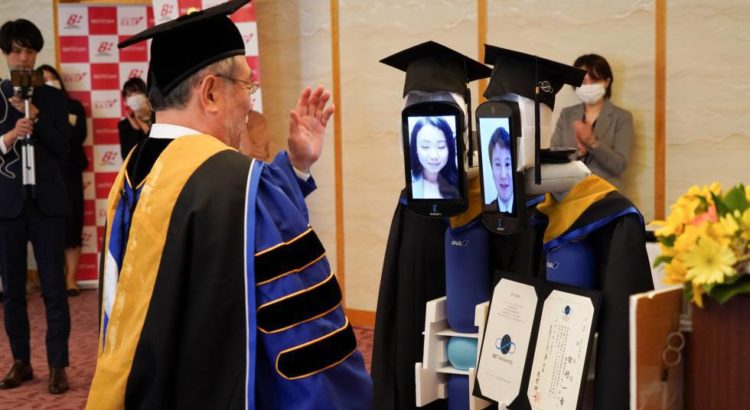
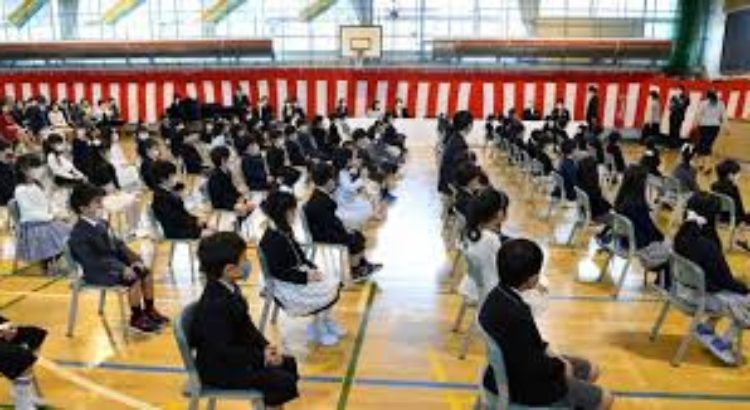
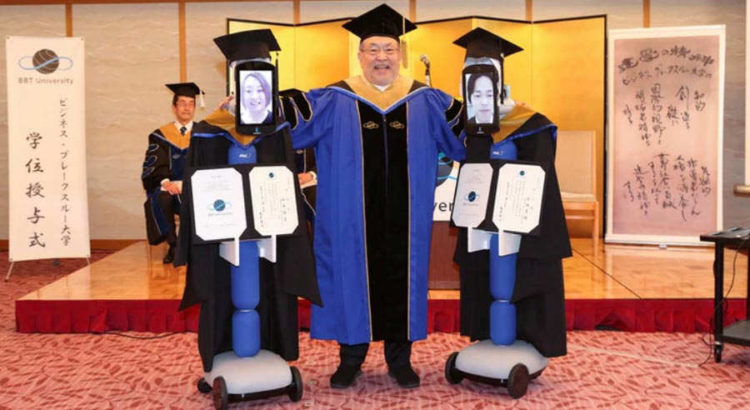




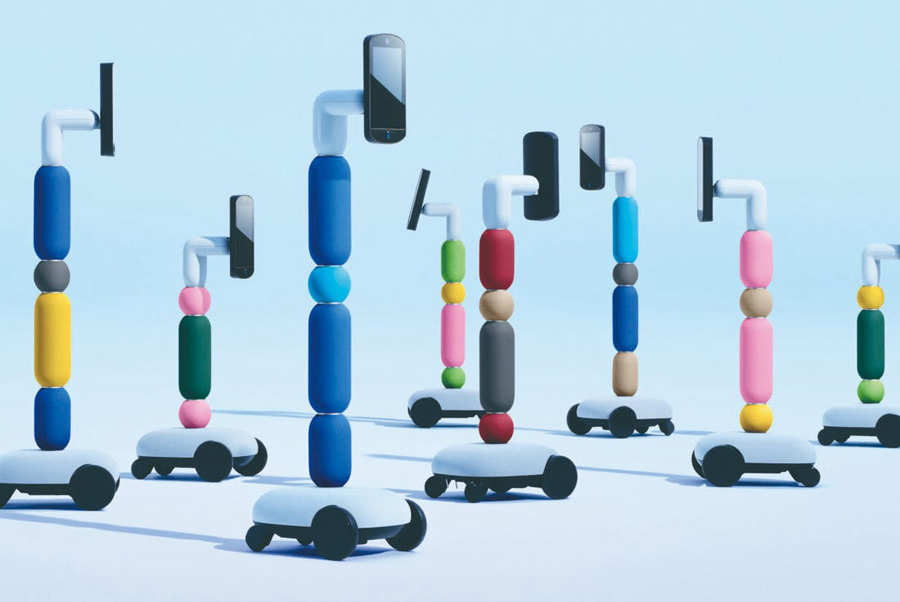
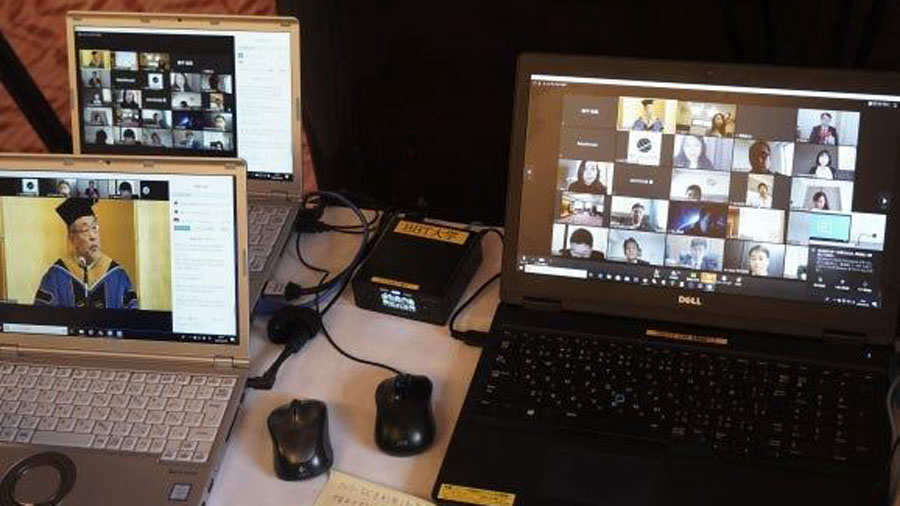
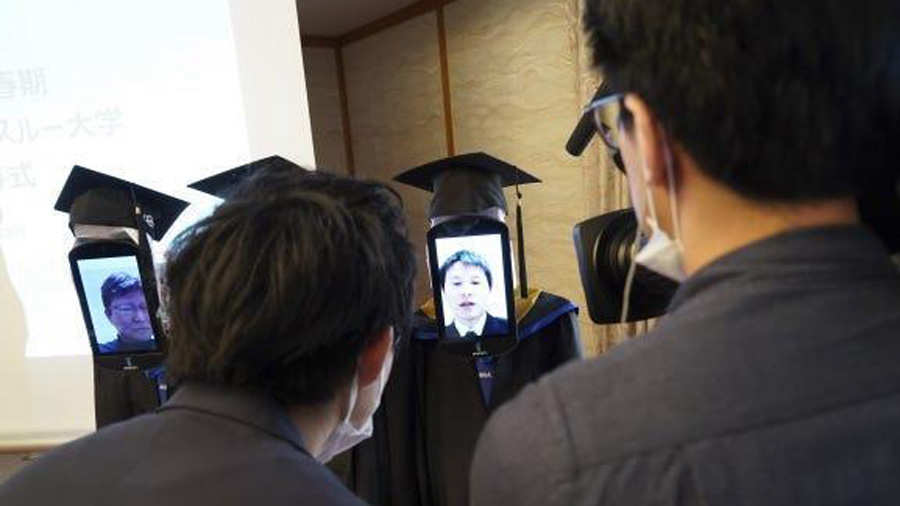
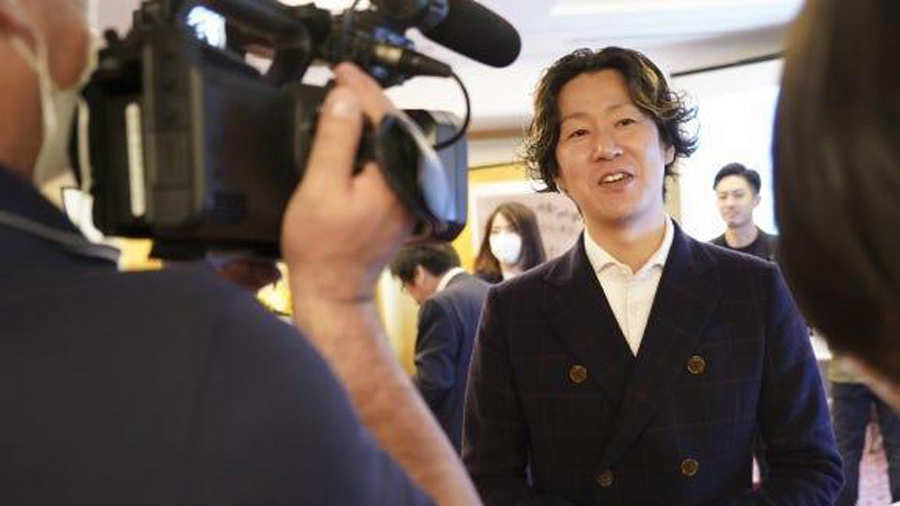
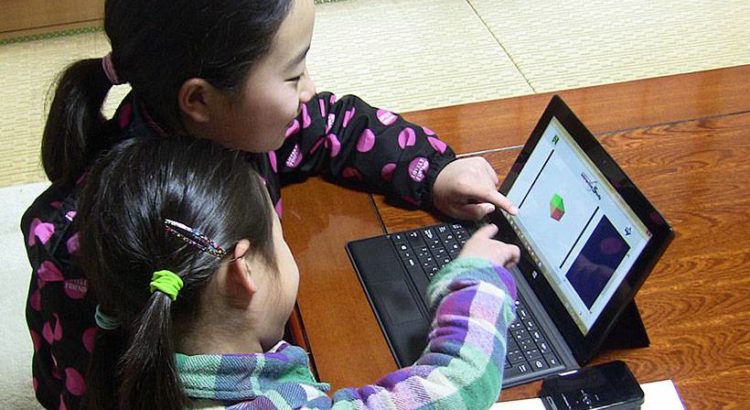
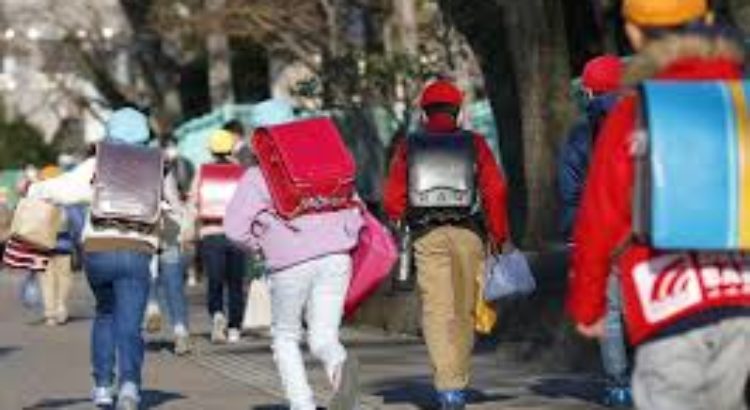
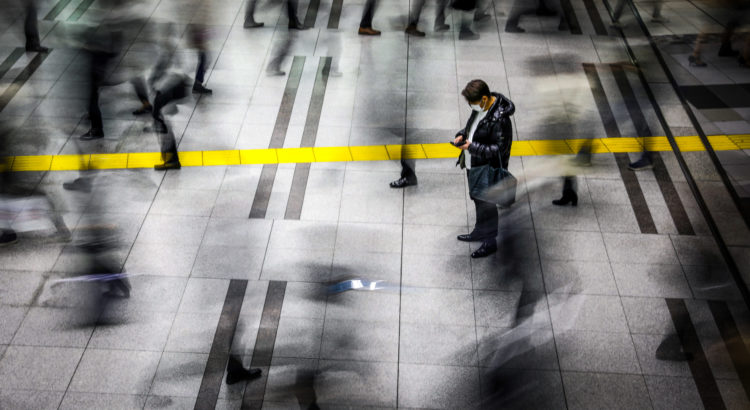








 Users Today : 103
Users Today : 103 Total Users : 35411047
Total Users : 35411047 Views Today : 155
Views Today : 155 Total views : 3342635
Total views : 3342635